|
Greetings and salutations, welcome to another exciting, overlong year in review of the cinema which stood out to me. For the first time ever, I've decided to release this list before the year is officially over, so keep in mind there are quite a few films that I have yet to see. I made a conscious effort to shroten the list this year, listing my top 25 films, as well as some honorable mentions and films that stood out as either surprises or disappointments. I don't believe in separating Non-fiction from fiction filmmaking, as in my eyes both are made subjectively with the great ones still striving for some form of thematic impact. As always, I'll write a little about each film below, but I encourage you to read my full review of any of these titles which peak your interest (use the search function located in the top right of your screen) . Disclaimer: I despise the need in our culture to rank art and list cinema in an easily disposable fashion. That being said, the order of these films, for the most part, is inconsequential, just understand that they are all strong examples of filmmaking I truly appreciated in 2016 Feel free to comment below and tell me how wrong (or right) I am. Per usual, worst case scenario, ignore by blabbering and enjoy the pretty pictures. My Favorite Films Of The YearCrosscurrent - Yang Chao Yang Chao's Crosscurrent is cinema in it's purest form, an absolutely stunning achievement that is soulful, meditative, and transcendent. A film which places little weight on narrative plot points, Crosscurrent is a film brooding with atmophere, spirituality, and universal truth about the human condition, relying heavily on it's visual acumen to tell a story that is both profoundly intimate yet universally expansive. What Yang Chao has crafted with Crosscurrent is truly remarkable, a film of such visual lyricism that beautifully captures the human condition itself, detailing our relationship not only with nature but faith, love, pain, suffering, and hope. Behemoth - Zhao Liang Visual poetry in motion, Behemoth is a transcendant, haunting portrait of modern day China, one where unbridled consumption reigns supreme. Deconstructing the toll humanities penchant for consumerism has on nature and the less fortunate, who work in poor conditions to support our unbridled desire for more, Behemoth is contemplative, transfixing, and beauituflly rendered, a rare documentary that embraces visual storytelling completely. Dead Slow Ahead (2016) - Mauro Herce Prompting fond memories of the sensory experience that was Lucien Sastaing-Tyalor & Verena Paravel's Leviathan, Mauro Herce's Dead Slow Ahead is a startling, impressionistic documentary thats observant eye tells a dark story of isolation on board an ocean freighter that goes by the name the Fair Lady. With very little dialogue, Dead Slow Ahead transports the viewer completely into this cold, isolated, machinery infested environment, documenting the setting at all times with an impressionistic lens. Kate Plays Christine (2016) - Robert Greene Robert Greene's Kate Plays Christine is a stunning accomplishment, a documentary that is part psychological thriller, part sociological study, delivering a one-of-a-kind piece of filmmaking that cements Robert Greene as one of the most essentially contemporary filmmakers working today. Centered around Actress Kate Lyn Sheil as she prepares to portray the role of Christine Chubbuck, a real-life news reporter who killed herself on national television in 1974, Robert Greene's Kate Play Christine offers a detailed study into the creative process, one that divulges into psychological thriller due to Kate Lyn Sheil's dedication to her craft. Kate Plays Christine is a piece of filmmaking that feels continually evolving, starting off as a intricate examination of an actresses creative process, one that finds Kate diving into the gruesome details of this woman's suicide as she attempts to understand and relate to this character. The deeper and deeper Kate Lyn Sheil digs into the details of the life of Christine, the more she becomes protective of this woman, intent on making sure that the integrity of this woman's life is not stomped upon due to the toxic details of her death. As the film progresses, Greene beautifully juxtaposes the details of Christine Chubbuck's life, namely her depression and perspective of the world, with that of Kate Lyn Sheil's own insecurities, drawing parallels between these two individuals, each of which has their own moments of anxiety, depression, and pain. While the psychological study of Kate Lyn Sheil is the driving force between the narrative of this fascinating documentary, Robert Greene's Kate Plays Christine elevates itself well beyond merely an in-depth look at the creative process of an actress, exposing what Christine Chubbuck's life and death says about society itself, one in which humanities penchant for saliciousness and violence comes first, with empathy placing a distant second. The Demons - Philippe Lesage A quietly haunting portrait of childhood, Philippe Lesage's The Demons is a bold and startling vision of the fragility and vulnerability of a child's psyche, focusing on how youthful exuberance often overshadows or hides the underlying fear and internalized insecurities of youth. Oscillating between tenderness, exuberance, horror, and brooding pathos, Philippe Lesage's The Demons is bold, brave filmmaking, delivering a superbly well-crafted study of childhood psychology, and the deep, piercing effect insecurity can have on one's overall nature. Fire At Sea - Gianfranco Rosi Fire At The Sea is a poignant and profound portrait of Lampedusa, a small island located 150 miles south of Sicily. In the heart of the Mediterranean, Lampedusa has become ground zero of the European migrant crisis, witnessing hundreds of thousands of African and Middle Eastern refugees flooding their waters in hopes of making a better life in Europe. Portraying the culture, history, and day-to-day life of Lampedusa, Fire At The Sea offers an intricate examination of the islanders of this town, juxtaposing their lives with those of the migrants who struggle and risk life and death to cross the Mediterranean Sea. Stunningly photographed and poetically crafted, Rosi's film meshes beauty with misery, routinely juxtaposing the beautiful island setting with the human tragedy of the migrants. Fire At The Sea is not a political film in the slightest, but a humanistic study of a region that is forever changed. Observing doctors, Italian coast guard, various migrants, and Samuele, a 12-year-old Islander boy, Rosi has created a truly breathtaking examination of humankind and the every changing landscape known as life. Under Electric Clouds - Aleksey German Aleksey German's Under Electric Clouds is a challenging portrait of humanity, a film that is utterly ambitious in its indictment of the current state of Russia, which manages to be as elusively oblique as it's transfixing. Told through a series of interconnected vignettes, Under Electric Clouds is a philosophically bleak examination of humanity, a film that is far from streamlined but utterly fascinating due to its powerful ideas and stunning visual design. Perhaps best described as an existential story of humanity, Under Electric Clouds almost professes that we are all just animals trying to do the best we can, deconstructing how the human condition is one that is full of continuous attempts at success, no matter the amount of times we fail. The Wailing - Hong-jin Na Taking place in a small village located deep in the South Korean mountains, Hong-jin Na's The Wailing sees the filmmaker try his hand at the supernatural horror genre, delivering a memorable, atmospheric experience that sees the filmmakers penchant for engrossing and complex crime thrillers translate beautifully in this supernatural tale of Good vs. Evil. Tense, intelligent, unpredictable, and atmospheric, Hong-jin Na's The Wailing is motivated, in part, by man's fear of being unable to logically define their environment, tapping into the horror of the unknown. Bleak Street - Arturo Ripstein Arturo Ripstein's Bleak Street is certainly a film that lives up to its name, a stark exploration of the harsher aspects of life, the suffering which exists all over the world, focusing on characters who have been hardened by the unforgiving environment around them. Many viewers will have a hard time showing empathy towards any of the characters of Bleak Street, but the film gains traction in this regard the longer we are forced to watch, making a convincing argument that these characters are merely products of their harsh environment. Bleak Street encapsulates how such grating conditions breed animosity and anger, with these characters developing an underlying brutality, with once again the film arguing that this is, at least in part, a bi-product of the conditions in which they live. Chronic - Michel Franco Michel Franco's Chronic is a stunning, minimalist study of death, suffering, and depression, a film in which its exquisite craft is matched by its deeply personal examination of the profound impact which death has on all of us. Chronic may be one of the most honest and insightful examinations of depression every committed to celluloid, detailing a man in David who is stuck in a perpetual state of despair. His quiet silence merely hides the great sense of hopelessness he feels inside of him, with his exterior presence being one of great human empathy towards the patients he cares for. Without going into details, the ending of Chronic is almost guaranteed to leave the viewer breathless, a potent and powerful conclusion to a film that attempts to peer into the soul of an individual who has long been suffering due to loss, providing the perfect conclusion to a film which touches on such heavy concepts with complete honesty. The Other Side - Roberto Minervini Roberto Minervini's Lousiana (The Other Side) attempts to exhibit the fringes of society, on the border of illegality and angst, documenting a group of men and woman who have fully embraced the decay of society. While a sight to behold, the setting and circumstances of what Minervini is documenting is quite ugly, but the filmmakers never show any judgement, focused solely on documenting these individuals, many of which feel abandoned by modern society and a government they don't support. While I wouldn't call Minervini's film sympathetic, Louisiana does show an appreciation for this wounded community, with cinematography that subtly captures the beauty in this desolate, ugly setting, using beautiful compositions and the overhanging sun, which shines a bright light on this desolate community of outsiders. Minervini's film never shys away from the ugliness, instead it attempts to find the underlying beauty in this repugnant setting. Cemetery of Splendor - Apichatpong Weerasethakul Apichatpong Weerasethakul's Cemetery of Splendor is a quietly intoxicating examination of humanities' relationship with nature, life, and death, being another enigmatic film from the celebrated Thai director that challenges the viewer to see the world in a truly singular way. An enigmatic exploration of existential issues that is hypnotic, transfixing, and touching, Cemetery of Splendor is a film that quietly forces the viewer to accept the fantastical aspects of everyday life, with Weerasethakul evoking a sense of true appreciation for how large the world is around us, expressing how truly amazing the gift of life in this world truly is, and how much we as human beings can take it for granted. Paths of the Soul - Yang Zhang Yang Zhang's Paths of The Soul is a stunning documentary chronicling the journey of a group of Tibetans as they pilgrimage to Lasa, the holy capital of Tibet. Documenting them night and day, Paths of The Soul is a fantastic observational study, as the communal nature of this community begins to stand out, at least for someone like me who comes from the western world whose ideology stand for more individualist independence. Their journey is full of beauty in the birth of a child, and despair in the death of a senior member, with Paths of Glory effectively capturing the full array of human emotion as these characters work together to complete their pilgrimage. The clash between the modern and the ancient world is also captured, with a significant part of the Tibetans journey being along a road way, where they are routinely passed by large Chinese trucks and other vehicles, reminders of the modern age. A powerful study of the human condition that is beautifully photographed, Paths of the Soul is a film that touches on every emotion in the human lexicon, being a powerful study of humanity and faith. O Futebol - Sergio Oksman A deeply personal documentary, Sergio Oksman's O Futebol documents the filmmaker's experiences as he tries to reconnect with his father, a man which he hasn't seen for over 20 years. Futebol is an observant study of familiar bonds, documenting one man as he struggles to reconnect with his father over a game which they both love. Maintaining a high level of objectivity in documenting the attempted rekindling of an old relationship, O Futebol delivers what could only be described as a palpable level of unease early on- exhibiting the awkward silences, the varied small talk, and how conversations about football provide a reprieve when necessary. Aesthetically speaking, O Futebol is subtlety brilliant, a film that maintains its overall subjectivity while capturing the inner emotions of its characters through visual storytelling. Early on in the film, O Futebol is shot in a way that sees both father and son almost never directly facing each other, their visual attention positioned elsewhere. Whether it be in a car, or at the bar watching one of the latest matches, father and son are visually documented with their attention towards something else, wiith the film visually expressing the void in their relationship, the subtle detachment which exists even when they share the same space. Without going into details, O Futebol is an intimate examination of father and son, a poetic and tragic film that through observant detail provides a beautiful, objective documentary filmmaking about one man in Sergio who uses his art to come to terms with his relationship with his father. Death in Sarajevo - Danis Tanovic Danis Tanovic's Death in Sarajevo is a politically-charged experience, an angry and introspective film which uses its ensemble-fueled narrative as a profound examination on the current state of Europe. Danis Tanovic's film is not one that pretends to have the all the answers to this complex situation , being mature in it's deconstruction of the current state of the European Union, recognizing the need for more independence and freedom from bureaucracy and neoliberalism, while still recognizing the dangers associated with celebrating nationalism, something which more often then not leads to fascism. Tanovic's film recognises the importance of accountability on both ends of this complicated mess, recognizing that there is no easy solution while simultaneously being angry about the current model of the European Union on that restricts both economic and personal freedom, while simultaneously pretending that unique cultures that make Europe so special and unique don't matter. Extremely well crafted and meticulous in its deconstruction of the current state of Europe, Danis Tanovic's Death In Sarajevo is a chilling, mature, and thought-provoking allegorical tale which is angry yet fearful of what may come if nothing changes. Being 17 - André Téchiné André Téchiné's Being 17 is a complex, mature portrait of the human experience, an honest story about the importance of one being self-assured in their convictions, while having the confidence to be comfortable in one's own skin. Calling Being 17 merely an LGBT film massively discredits what André Téchiné has accomplished, being a film that touches on universal truths of life and adolescence, while simultaneously reflecting on the unique challenges which plague the homosexual community when it comes to sexual discovery. Being 17 is a film that unfolds naturally, never rushing towards its themes or ideals, instead letting its young characters' discover themselves as the narrative unfolds, exhibiting the curiosity, angst, and overall confusion that is a part of adolescence, which in time ultimately leads to self-discovery. A complex, heartfelt story that works on nearly every level, from direction, to acting, to story, André Téchiné's Being 17 may in fact be the filmmaker's most impressive film to-date, offering up a mature study of adolescence in which calling it a "coming of age story" or "LGBT story" feels too restrictive given the films' universal merits. Under The Sun - Vitaliy Manskiy While there have been quite a few documentaries made from inside North Korea, none of them come close to the access and artistry provided by Vitaliy Manskiy's Under The Sun, a truly harrowing portrait the hermit kingdom. Over the course of a full year, the film documents the life of an ordinary Pyongyang family, one whose daughter is just now joining the children's union, and has been chosen to take part in one of the famous "Spartakiads" dance troops. The film was completely overseen by the North Korean government, who viewed this film as a great propaganda tool to demonstrate the success of their way of life, which only makes the film's ability to capture the starkness of this oppressive regime all the more impressive. Under The Sun is truly a masterclass in visual storytelling, a film that is forced to rely so heavily on its visual artistry due to the government overseeing every detail. Every scene of this film is scripted, staged, and overseen by the North Korean government and yet, the chilling reality of this oppressive, communist regime is felt in nearly every frame. Everything in this film feels cold, desolate, detached, and manufactured, with the foggy, grey skies perfectly evoking the detachment and coldness this oppressive regime has created, one in which many citizens feel like they are sleepwalking through life. The states oppressive regime feels tangible throughout Under The Sun, a film that says one thing but shows another, being a truly powerful and important portrait of the hermit kingdom and its truly draconic way of life. Manchester By The Sea - Kenneth Lonergan Kenneth Lonergan's Manchester By The Sea is a deeply moving portrait of grief, loss, and the deteriorating effect on the psyche such emotional trauma can cause, a film which is genuine about how difficult it truly is to heal from tragedy, detailing the life of a man in Lee Chandler who struggles to deal with his tumultuous past. Dealing with such complex drama, Manchester By The Sea masterfully navigates the waters of sentimentality, never feeling emotionally manipulative or overwrought in the slightest, with the filmmaker's intentions only being to deliver an honest and genuinely felt portrait of grief and depression. Kenneth Lonergan's Manchester By The Sea isn't a film which positions itself for the happy ending, it instead simply focuses on being honest about its character's and their pain, delivering a profound portrait of depression and grief, fully recognizing the destructive power and long-reaching effects which tragedy can have on the human psyche. Dream Land - Steve Chen Perhaps the biggest discovery of the year fo rme was Steve Chen's Dream Land, a simple, yet effective film about one woman's internal prison of doubt and uncertainty, a graceful and mature story that is impressive for a first time filmmaker, which touches on the pain, insecurities, and utter-isolation which a deteriorating relationship can have on the psyche. Featuring a truly impressive visual design, Steven Chen's Dream Land is a beautifully composed film about time, space, memory, and regret, a film that slowly, and methodically reveals how Lida's relationship with Sokun was a dream, a desire of what she wants from love, with her memories and insecurities serving as the ultimate facade that hides the truth. Nocturama - Bertrand Bonello Bertrand Bonello's Nocturama is a profound piece of filmmaking, a deconstruction of radicalization that is both pointed yet beguiling, detailing a group of young Parisians, tired of the society they're living in, as they carry out a intricate terrorist attack on Paris. Oscillating between the intricate execution and the detailed planning of their act of terrorism, Bertrand Bonello's Nocturama is bristling with tension and intrigue, offering only subtle glimpses into the motives of these characters, who seemingly have grown tired of a system in which they feel their liberties and sense of personal freedom has been restricted. Nearly every aspect of Nocturama is up for interpretation, but in a sense the film seems to suggest that bloodshed itself will always result in more bloodshed, with the film being a rather powerful portrait of the current state of Europe, one in which blood flows while change itself doesn't feel any less closer to reality. Certain Women - Kelly Reichardt Set in the barren landscapes across Montana, Kelly Reichardt's Certain Women details the lives of a few women living across the state, having no knowledge of each other, but having a shared experience due to the environment which they inhabit. All three stories are females in male driven cultures, with the quiet desolate setting of Montana serving as the perfect atmosphere, the barren landscapes symbolizing the internal struggle of these characters, each who is missing something in their lives. Nuanced, extremely well-acted, and directed, Kelly Reichardt's Certain Woman is another quietly devastating film from one of the best contemporary American filmmakers working today. Homo Sapiens - Nikolaus Geyrhalter Nikolaus Geyrhalter's Homo Sapiens is a film about fraility and control, an art installation of sorts about human existence, the structures we've built, the spaces we occupy, and the fragility and finite nature of life as we know it. Exhibiting the lack of value material possession has in the scope of nature and time, Homo Sapiens encapsulates the preciousness of life, detailing not only the deteroriation time has over all things, but also how little control humanity has over the external forces of nature, tapping into how truly insignificant our socially-constructed society is when it comes to the scope of time itself. A film that features absolutely no dialogue, or human-beings for the matter, Homo Sapiens provides beautiful compositions of the places which humanity once inhabited, a place where structural decadence often meets decay. From barren deserts to lush forests, Homo Sapiens encapsulates the far-reaching influence of humanity, juxtaposing the vast influence our cities, structures, and societal constructs have had all over the globe. From playgrounds to prisons, office complexes to shopping centers, Homo Sapiens touches on nearly every aspect of society as we know it today, exhibiting the resiliency of nature and its all consuming ability to provide rebirth. The Age of Shadows (2016) - Jee-woon Kim Set in the late 1920s, during the height of the Japanese occupation of Korea, Jee-woon Kim's The Age of Shadows is a beautifully photographed, inter-tangled web of deceit, uncertainty, and alliances, detailing the complex cat-and-mouse game which unfolds between resistance fighters attempting to bring explosives in from Shanghai to destroy Japanese strongholds, and the Japanese special police force, hellbent on crushing the threat before they can carry out their mission. Taut, suspenseful, unpredictable, and impeccably well-made in every way, Jee-woon Kim's The Act of Shadows is a harrowing look into the fight for an independent Korea, a film that never romanticizes the struggle and violence while still managing to offer a poignant portrait of the courage and selflessness of the few who fought for the rights of the populace. Suntan (2016) - Argyris Papadimitropoulos Argyris Papadimitropoulos' Suntan is a powerful and daring examination of how much of an effect emotional distress can have on the psyche of an individual, providing one of the most troublesome studies of loneliness, solitude, and pain I've seen in quite awhile. Sweet Bean (2016) - Naomi Kawase Naomi Kawase's Sweet Bean is a simple story that feels slight at first, but as the film unfolds under the skilled direction of Naomi Kawase, Sweet Bean reveals itself as a beautifully understated study of hope, perseverance, and the importance of making the most out of the time one has in life. Sweet Bean isn't flashy or particularly stylistic, and could have easily been overly sentimental hogwash, but what Naomi Kawase has crafted is a borderline existential drama that truly captures the importance of optimism and never settling in life. Naomi Kawase's Sweet Bean is an elegant story of the tender relationship between two unlikely people, being a powerful portrait of the importance of optimism, hope, and companionship. Honorable Mentions: Rams, Cameraperson, The Virgin Psychics, Embrace of the Serpent, Fly Away Solo, Aquarius, From Afar, Il Solengo, Neon Bull, Les Cowboys, Sunset Song, The Love Witch, Sworn Virgin, Everybody Wants Some, Creepy, Weiner, Sandstorm, The Alcheimist Playbook, The Witness, Hunt For The Wilderness People, The Fits, Actor Martinez, Love & Friendship, Take Me To The River, Fragment 53, Liberian Notes, Sweaty Beatty, Green Room, Dark Night, My King, Ixcanul, Tower, Kaili Blues, Disorder, Still Life, Train to Busan, Always Shine, The Salesman, Christine, Things To Come, Old Stone, The Untamed, Moonlight, and La La Land (I know) Biggest SurprisesIndignation - James Schamus James Schamus' Indignation is a well-crafted piece of filmmaking which manages to cleverly navigate through the traditional structure for these types of stories, being a film that manages to deliver a powerful testament about the restrictive, anti-freedom based principles of social conservatism, while simultaneously delivering a unique, and mature coming-of-age story about a young man attempting to understand himself, struggling with issues related to love, sex, and independence. Without question, James Schamus' Indignation is a film which is heavily critical of 1950s conservatism, specifically related to the religious right, revealing how morality is not a practice that is only confined to those who are religious, being a film that not only touches on sexual and cultural repression, but also the disgraceful treatment of mental illness which took place during the time. Hacksaw Ridge - Mel Gibson Hacksaw Ridge is a film about how courage, bravery, and toughness are defined, deconstructing how physical aesthetic is merely a facade of such traits, with Desmond T. Doss's convictions for what he believes in being what makes him stronger, more courageous, and braver than many of the men he served with during the Battle of Okinawa. Beneath this story of courage, bravery, and the horrors of war, Mel Gibson taps into the fundamental nature of America's most important attribute, individual rights above that of the collective or the majority, detailing a man in Desmond T. Doss who is harassed and abused by his own fellow soldiers early on for being different, with his individual freedom's and convictions in what he believes not being shared by nearly anyone around him. Many war films are borderline juvenile in their anti-war message, but Mel Gibson's Heartbreak Ridge is honest about war itself, understanding the true horror of it while simultaneously recognizing that, at least during World War II, it was fundamentally necessary for the sake of maintaining the individual freedoms that America and Western culture itself were founded on. The Neon Demon - Nicolas Winding Refn Nicolas Winding Refn's The Neon Demon is another subversive, stylistic nightmare by the Danish filmmaker, a film that uses the fashion industry as a way to look at the darker aspects of physical beauty, focusing on societies obsession with a trait that isn't earned, rather given through genetics. While brooding and expressionistic, it is important to remember that The Neon Demon intentionally maintains a hyper-exaggerated sense of reality, one that effectively skewers the vapid culture of Los Angeles, exposing the nastiness which exists just under the veil of politeness. The film can be too "on the nose" at times, laughing at the absurdity of the situation its characters find themselves in, but I'd argue its playful absurdity is part of its charm, with Refn balancing the horror elements with absurdist comedy in a way that perfectly captures the craziness of this beauty culture. I'll take it a step further, I'd even argue that The Neon Demon's greatest attribute is how it exposes the true demon in cultural collectivism, and how that in itself eviscerates identity/gender politics. By the end of this film, both women and men have succumbed to this collective perspective of beauty, both feeding into the societies' ideal, becoming competitive to either get a piece of it (men) or become it (women). Hyper-exaggerated, stylish, and atmospheric, Nicholas Winding Refn's The Neon Demon is another fascinating nightmare which juxtaposes beauty with violence to startling and thought-provoking effect. Operation Avalanche - Matt Johnson Much like his previous film The Dirties, Operation Avalanche is another such film that beautifully lulls the viewer to sleep with its charismatic charm, characters, and creativity, only to reveal a much darker, thought-provoking experience in the end. With its narrative centered around the conspiracy theory that the US government staged the moon landing, Operation Avalanche is material perfect for Matt Johnson's strengths, being a filmmaker whose love and passion for cinema is felt throughout every frame. Much of Operation Avalanche pulsates with energy and optimism, mirroring the spirited ambition of Matt who simply wants to prove himself to his superiors, tapping into the creative mindset of filmmaking to stage this elaborate hoax. Towards the end of the film, Operation Avalanche is almost unrecognizable from its earlier tone, descending into a tenser experience, one that reflects the true seriousness of the situation in which these characters find themselves, one in which Matt himself is a liability to the great lie the government must now protect and conceal at all costs. Matt Johnson's Operation Avalanche is a film that touches on a wide array of emotions throughout its running time, being a film that defies traditional genre classification while delivering its tale about the perils of ambition. Above and Below - Nicholas Steiner Nicholas Steiner's Above and Below is a quasi-documentary that is both intimate and grandiose, documenting a series of individuals who are living on the fringes of society, desolate and alone in their own solitude. From a homeless couple who lives in the food channels under Sin City, to a single man who lives in an abandoned military bunker in the middle of the bare, California desert, Above and Below uses these, for lack of a better word, forsaken characters to create one of the most humanizing films I've seen in awhile, showing no judgement at all as the film truly captures the very essence of what it means to be human. Above and Below is truly a singular existential vision, a film that manages to be deeply human while simultaneously feel grandiose and outer-worldly, a transfixing film that shouldn't be missed by those more adventurous viewers. Biggest DisappointmentsHigh Rise - Ben Wheatley HIgh Rise is the British filmmakers most ambitious and manic film-to-date, the type of film I admire more than actually like. A film that starts strong yet grows more and more tedious as it progresses, High Rise offers very little emotional resonance to grab onto, relying far too heavily on its not-so-subtle allegory about Thatcher's England, Capitalism, and class warfare, a theme that is simplistic and poorly executed. Ben Wheatley's High-Rise is intellectually ambitious but I'd argue its ideals about capitalism and class struggle lack nuance and subtlety, and while the film may shock it never exhilarates, making it a film that is intellectually vapid, though it parades itself as something profound. Nocturnal Animals - Tom Ford Tom Ford's Nocturnal Animals is the type of pretentious dribble I feared, a tonally tone-deaf film which features a lavish aesthetic but extremely simplistic characterizations. Nocturnal Animals is a film which features very little in terms of introspection, yet it seems to think it is delivering something profound or thought-provoking, leaving it somewhere in-between, and at times a tedious exercise in overwrought drama. Good actors typically, Jake Gyllenhaal and Amy Adams are atrocious in this film, both delivering performances that are so overwrought that I couldn't help but find the situations they find themselves in more funny than dramatic, which is quite a problem considering the extreme nature of the story in which these characters find themselves. Perhaps half the reason the film is such a glorious tonal failure is the disdain Tom Ford shows for his characters, as the narrative shows absolutely little empathy for its main protagonist, played by Amy Adams, almost gleeful in the end about her despair. Nocturnal Animals could have easily been a fun, pulpy thriller but it unfortunately attempts to be something more, instead delivering a rather laughably simplistic commentary on materialism which is one-dimensional and simply uninteresting. The Eyes of My Mother - Nicolas Pesce Nicolas Pesce's The Eyes of My Mother is a minimalist descent into horror, a film which relies heavily on its transgressive horror qualities to create its chills and shocking circumstances, unfortunately struggling to elevate itself into something more, settling for a diaboloical yarn of subversive horror. A subversive tale of loneliness, The Eyes of My Mother tries to make its main character empathetic to the audience, a tough task given the acts this character commits throughout the film. The Eyes of My Mother wishes to show she iis a victim of her environment, a young woman who has grown to associate violence and death with pleasure and companionship, with her absolute isolation only stroking the flames of her seering loneliness. Her total lack of understanding when it comes to human empathy and the construct of morality lead her to take part in some truly heinous acts of bloodshed, fueled by her desire to have someone else to share her life with, whether it be a companion or a young child she can look after. The Eyes of My Mother simply doesn't quite earn the twisted psychological state it is going for, with the main charaacters' heinous acts and intentions feeling inorganic, simply there to provide further shock value and squemish moments for the audience. Swiss Army Man - Dan Kwan & Daniel Scheinert Dan Kwan and Daniel Scheinert's Swiss Army Man is a singular experience, a film that uses the stranded on a desert Island motif to create a lively, expressionistic examination of loneliness, depression, alienation, and the need for empathy in humanity. While a fascinating and creative film, Swiss Army Man does struggle with pacing, often relying too much on its absurdist subject matter to engage the audience for stretches, something that becomes a bit too tiresome and didactic mainly in the middle of the film. It also can be quite uneven at times, with Swiss Army Man feeling at odds with itself between its absurdist devices and it's humanistic qualities. Far too uneven and poorly paced at times to be trascendant, Swiss Army Man remains an empathetic celebration of life, a film that touches on the wide array of emotions that make us human, using this tale of a man's friendship with a corpse to comment on the importance of self worth. White Girl - Elizabeth Wood Elizabeth Wood's White Girl is perhaps best described as a subversive love story; a fairy tale of depravity about the unlikely romance between Leah, a college girl from the midwest, and Blue, a low-end drug dealer whose primary corner is located across the street from Leah's Queens apartment in New Yew City. White Girl relies heavily on shock value, at times teetering on the edge of comedy due to its cartoonist descent into depravity, with nothing in White Girl feeling particularly subtle. One of my biggest complaints is simply how didactic the film can be at times, delivering its vague commentary on racial inequality and privilege, almost as if they had to name the film "White Girl" to make it more obvious. While Elizabeth Wood's White Girl does consistently maintain a level of uncertainty throughout its running time, the film remains best enjoyed as a twisted little romance, a film which delivers a rather stunning, cartoonish cautionary tale but unfortunately misses the mark when it comes to social commentary. First-Time Viewings - Cinematic Discoveries in 2016Private Property (1960) - Leslie Stevens Maborosi (1995) - Hirokazu Koreeda Ten Canoes (2006) - Rolf de Heer & Peter Djigirr Kanehsatake: 270 Years of Resistance (1993) - Alanis Obomsawin Farewell to the Summer Light (1968) - Yoshishige Yoshida America As Seen by a Frenchman (1960) - François Reichenbach & Chris Marker The Death of Maria Malibran (1972) - Werner Schroeter To Live (1994) - Yimou Zhang The Bed-Sitting Room (1969) - Richard Lester Reign of Terror (1949) - Anthony Mann Sands of the Kalahari (1965) - Cy Endfield Streetwise (1984) - Martin Bell In Celebration (1975) - Lindsay Anderson The Poem Of The Sea (1958) - Yuliya Solntseva & Alexandr Dovzhenko Class Relations (1984) - Danièle Huillet & Jean-Marie Straub
0 Comments
Leave a Reply. |
AuthorA place for lists and other random ramblings. Archives
December 2020
Categories |
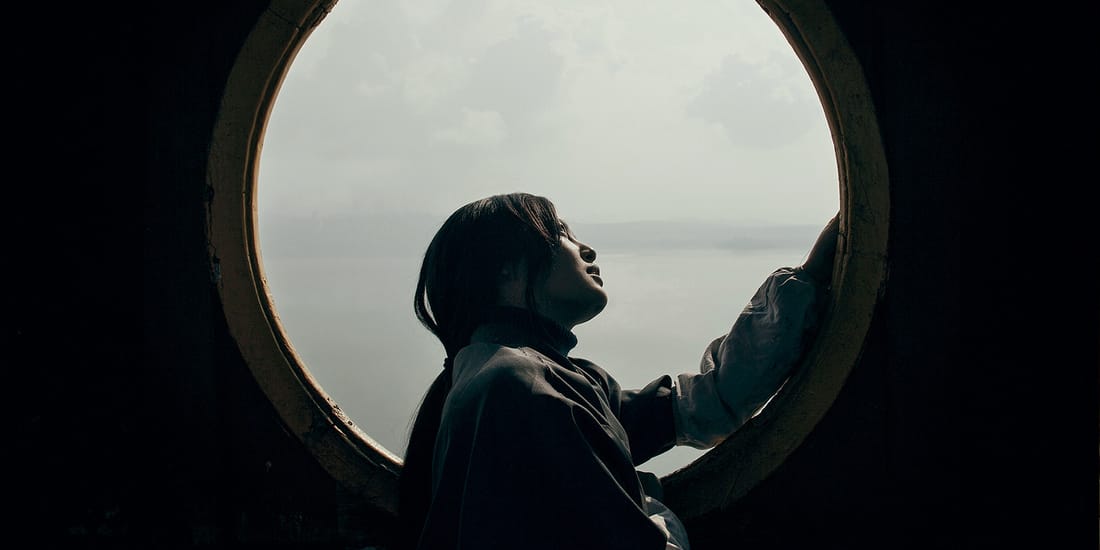


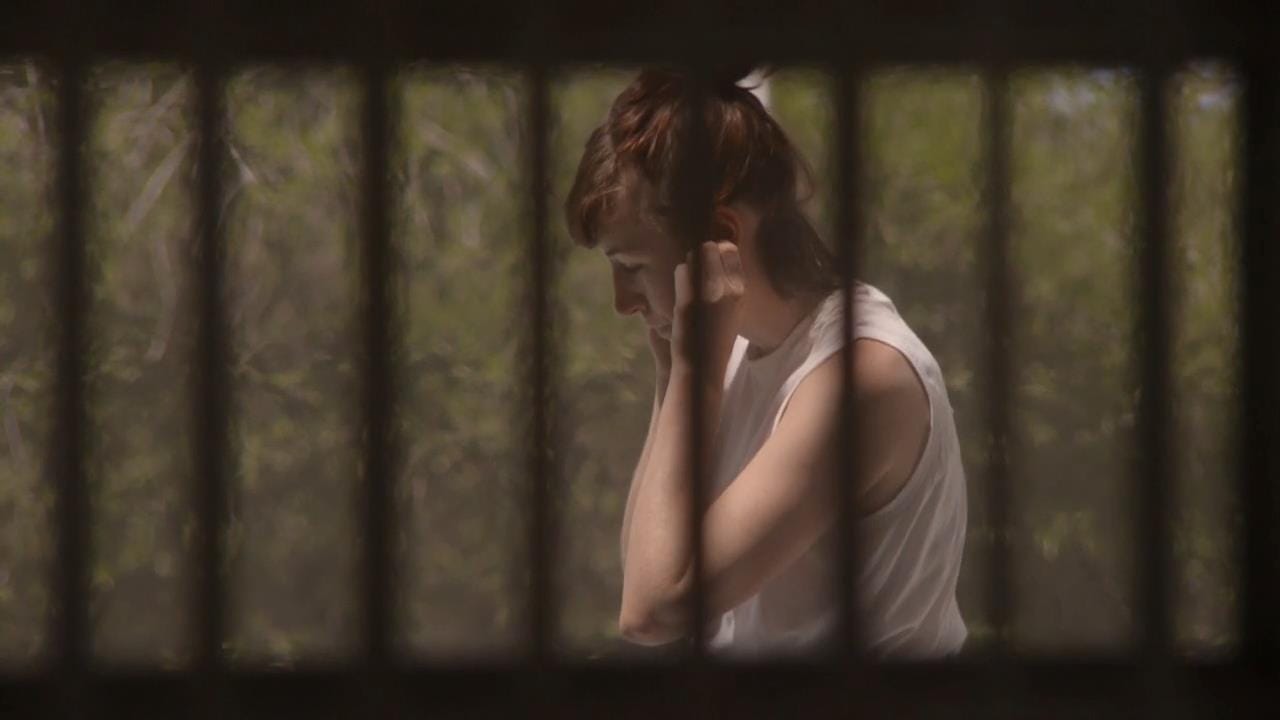
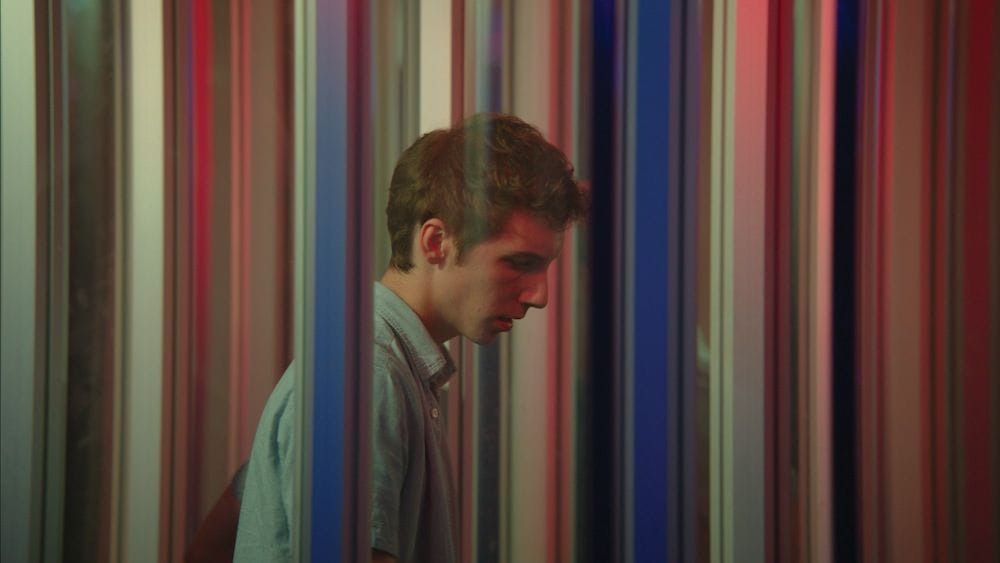
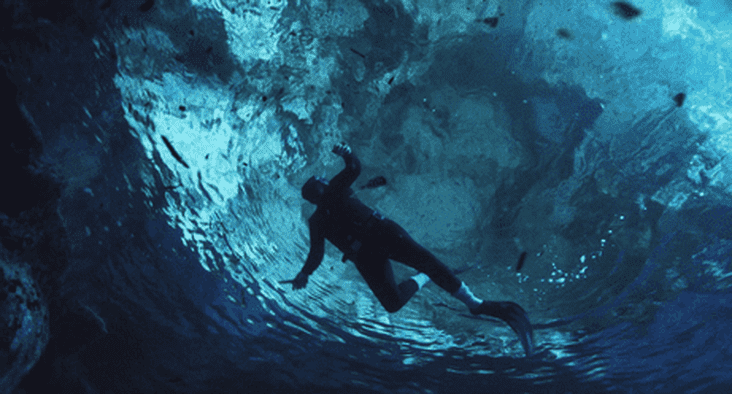
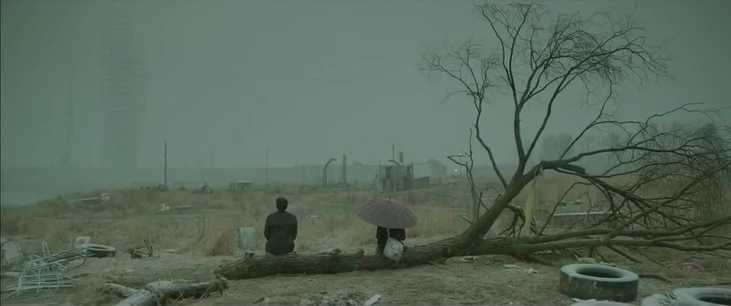

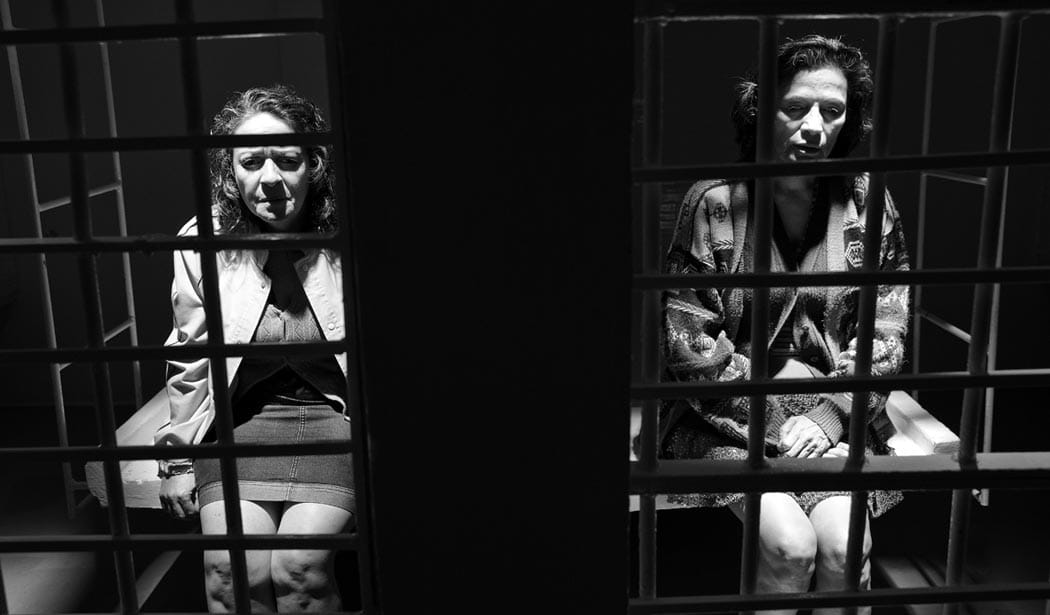

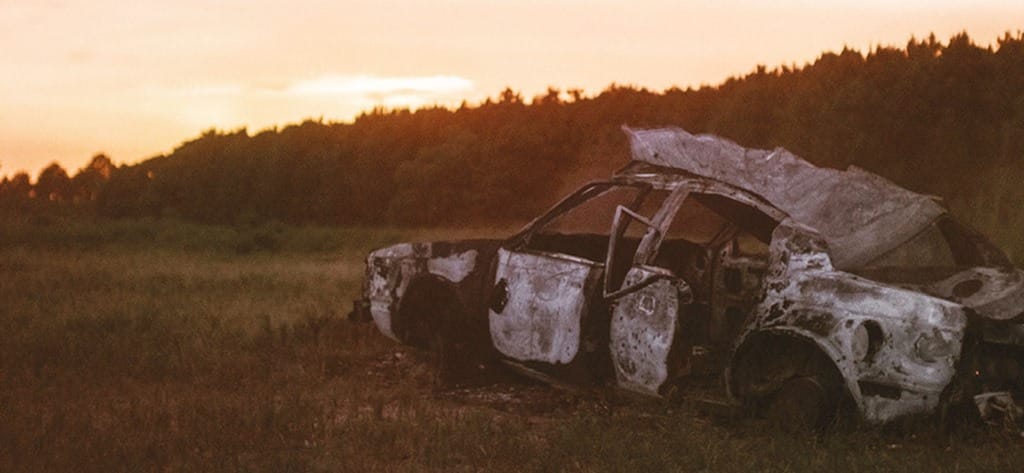
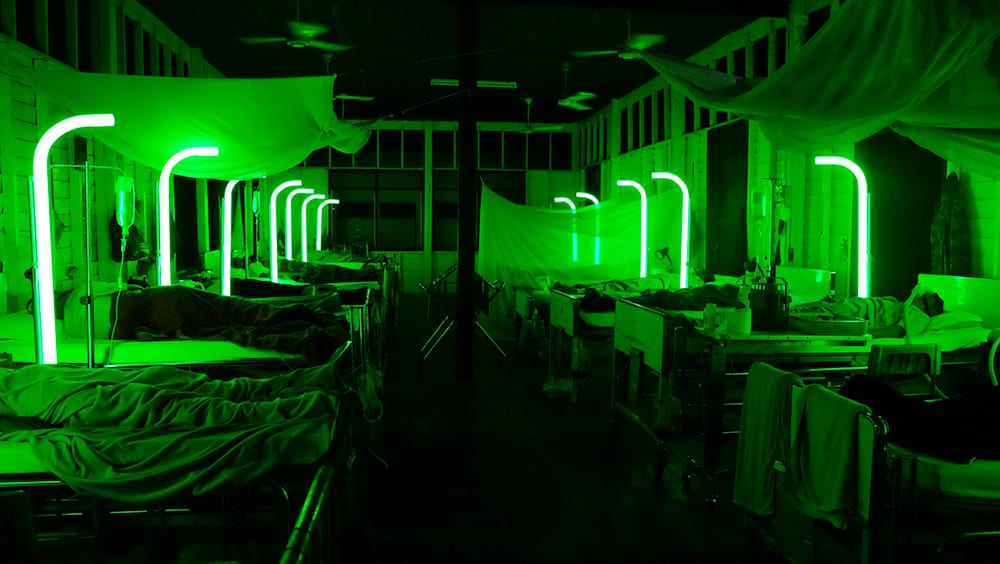
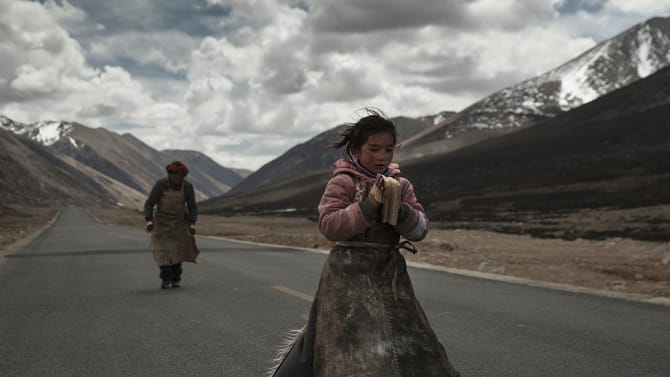
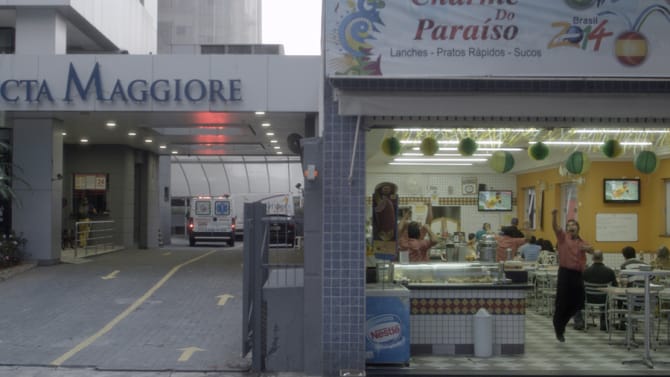
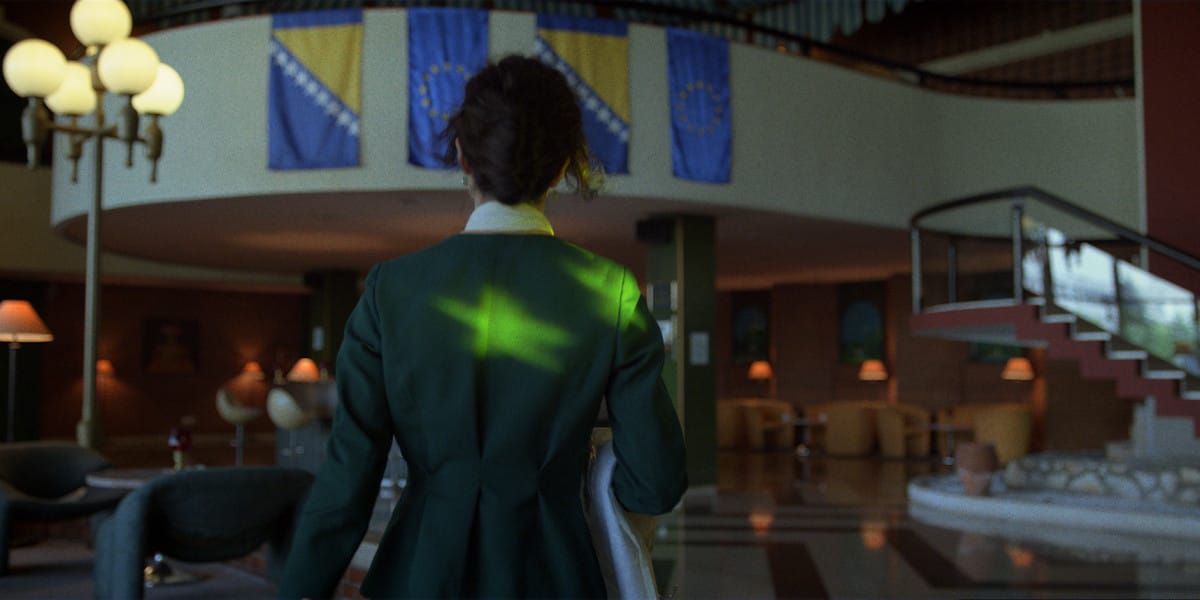
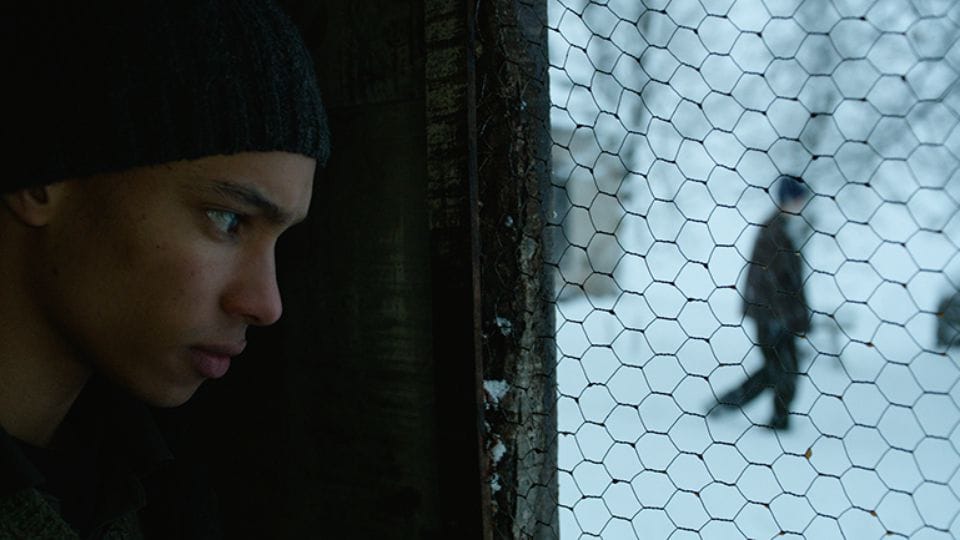
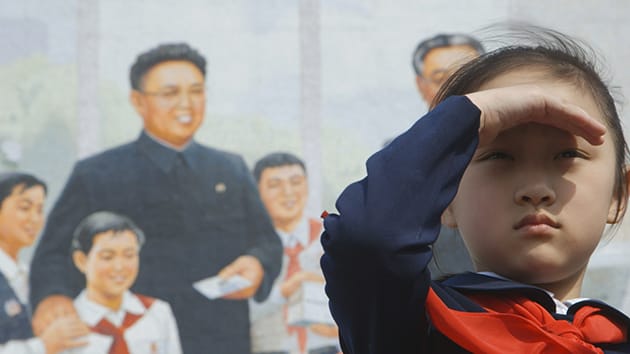
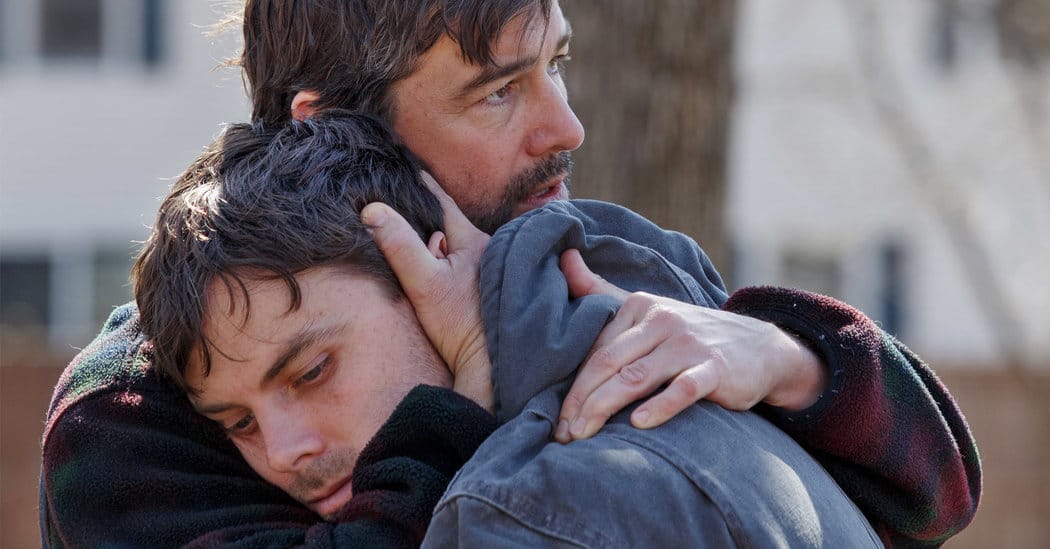

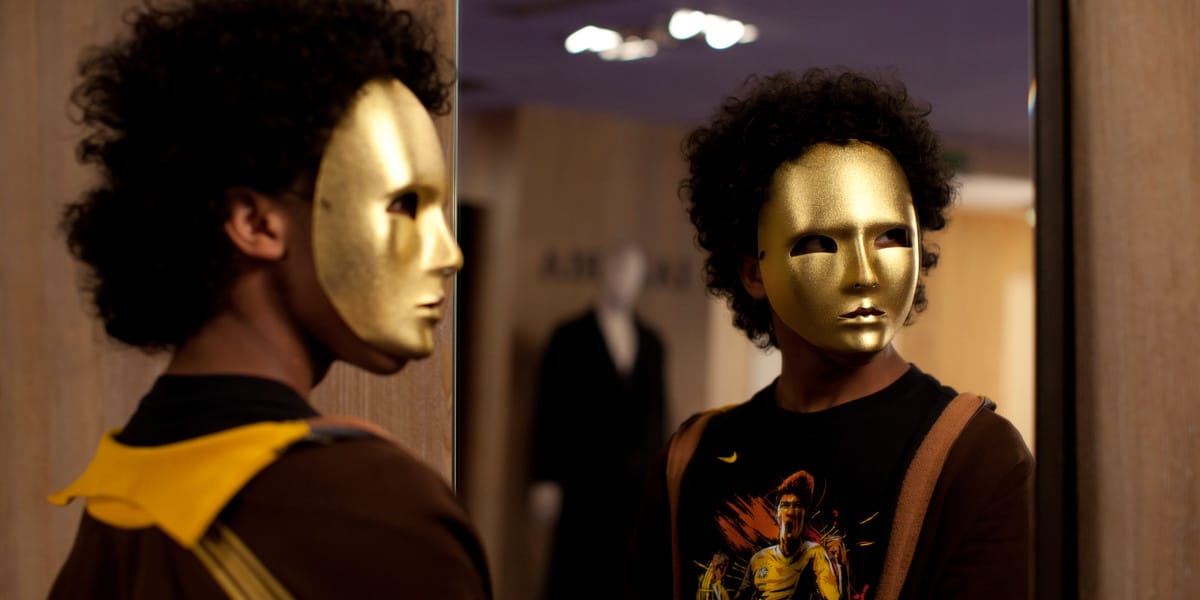
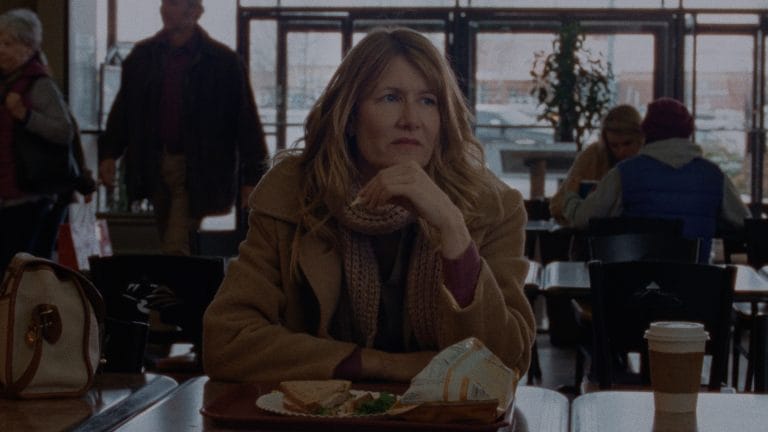
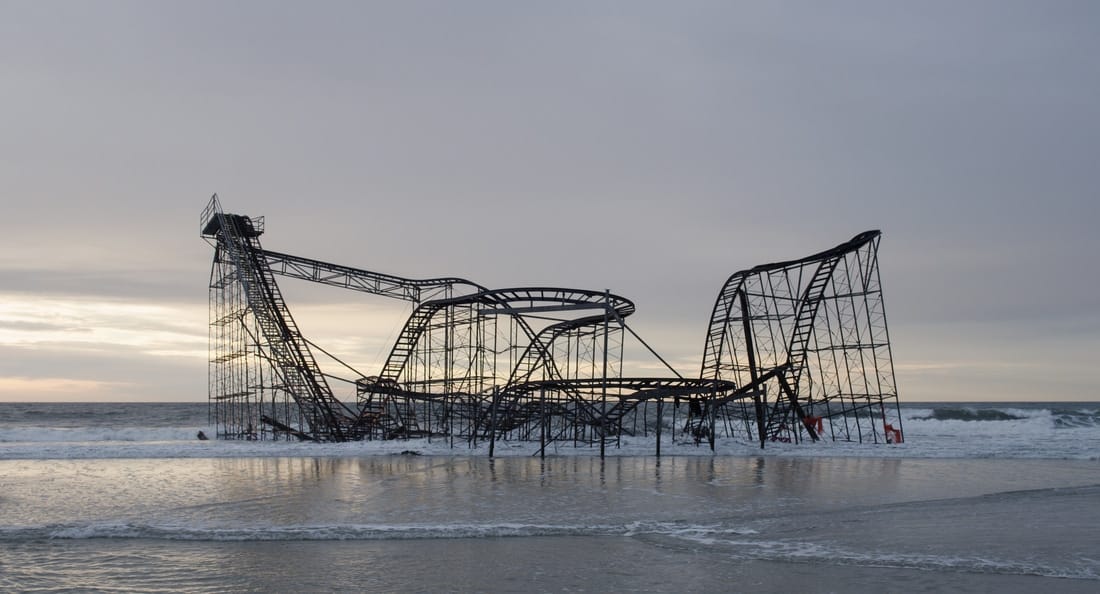
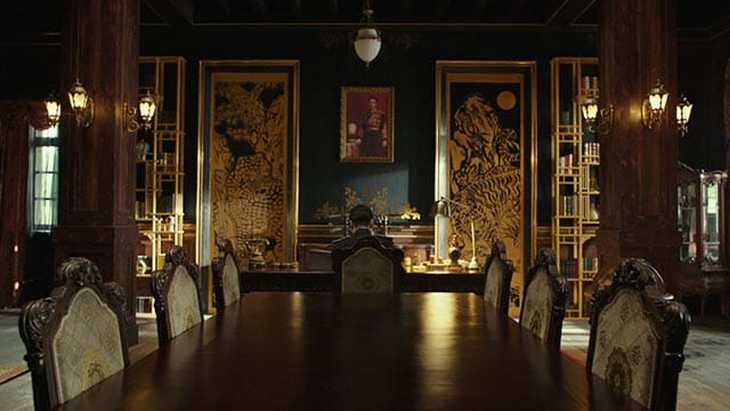
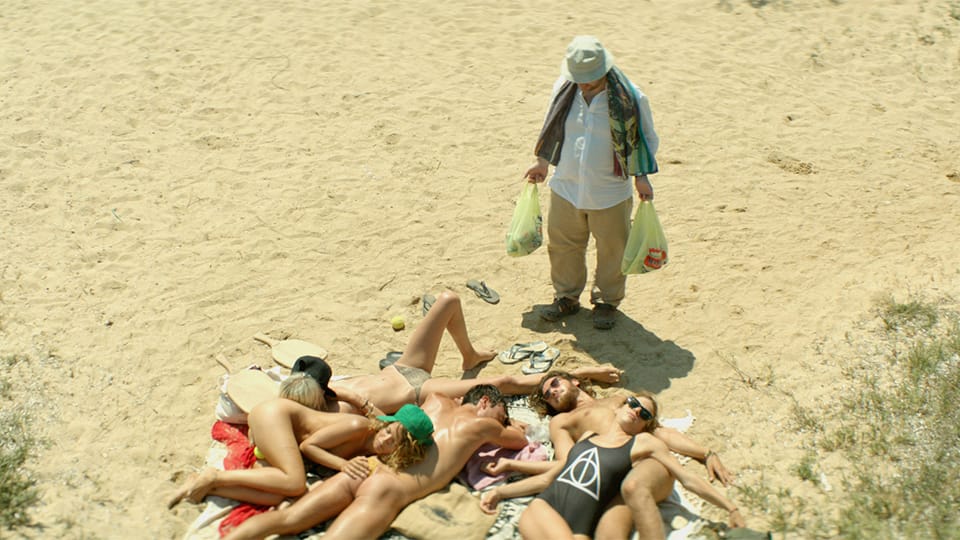
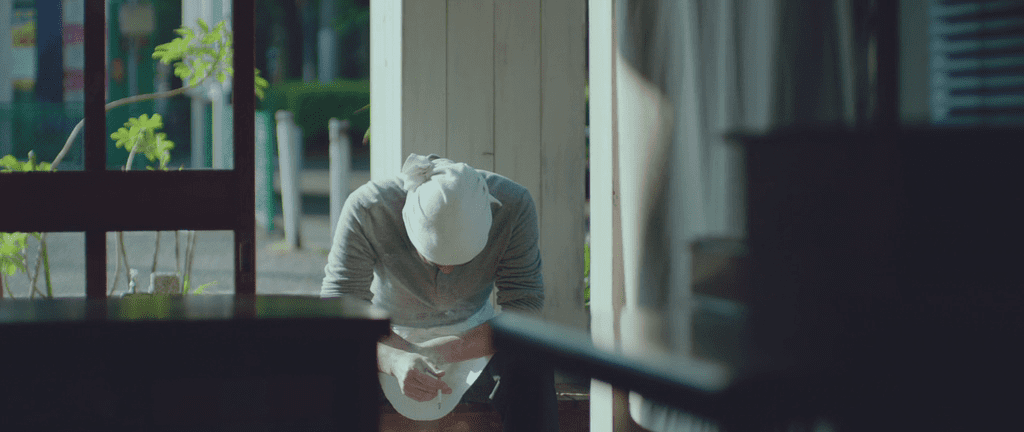
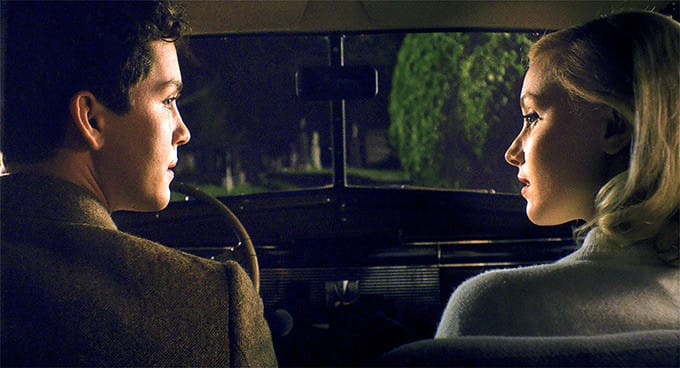
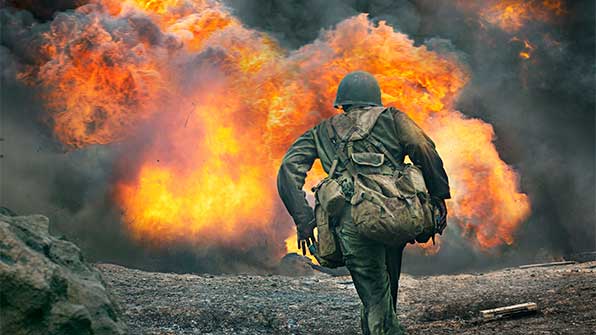
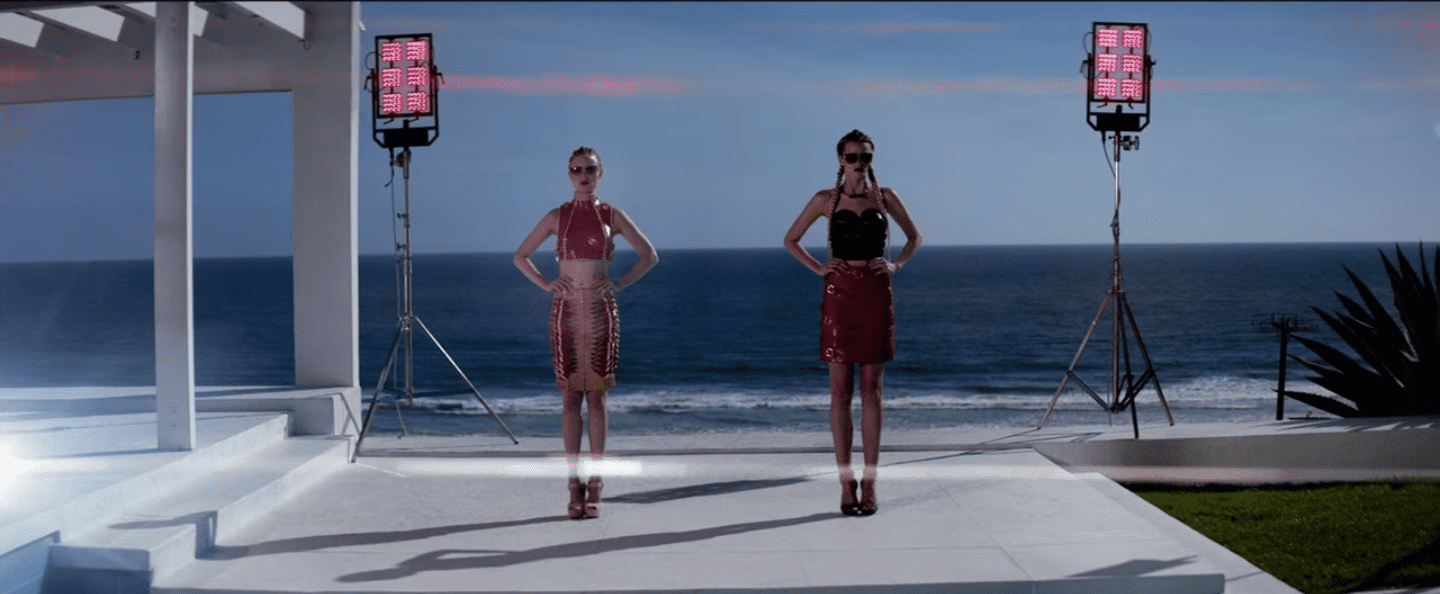
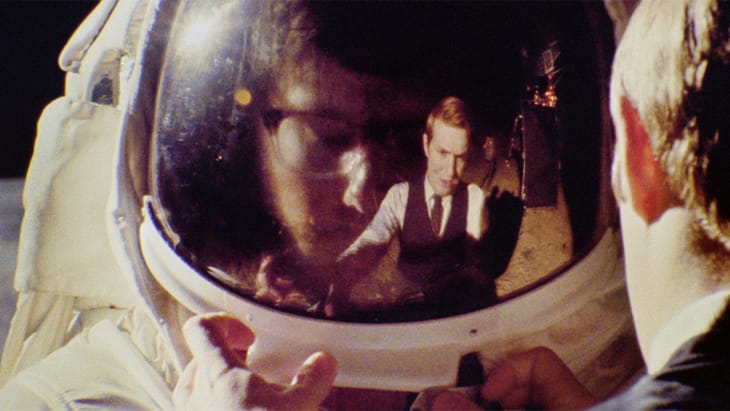
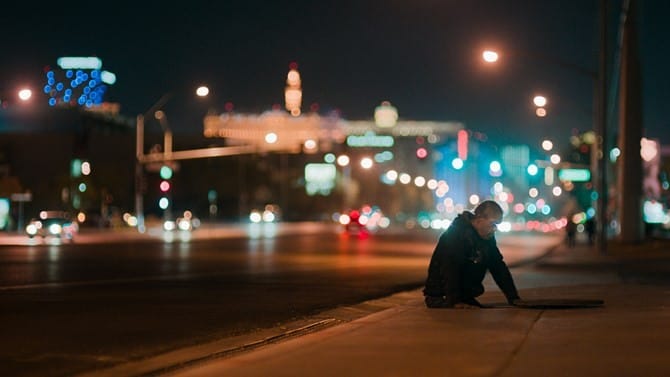
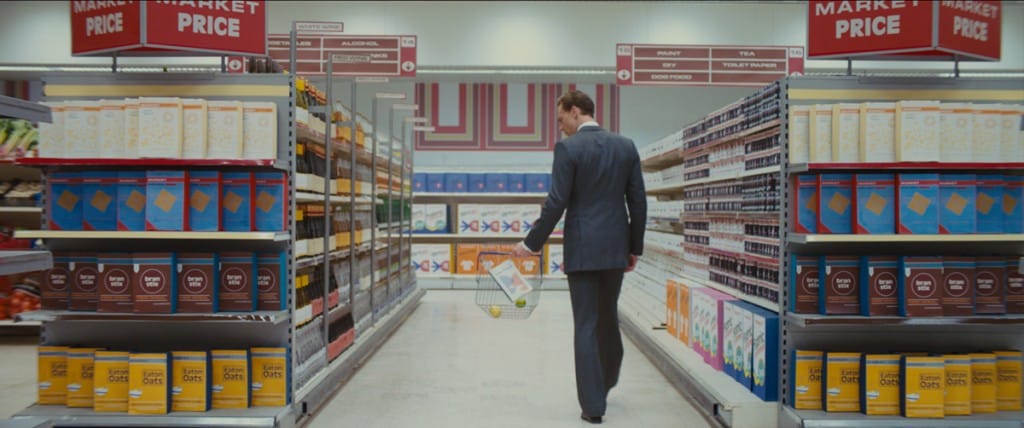

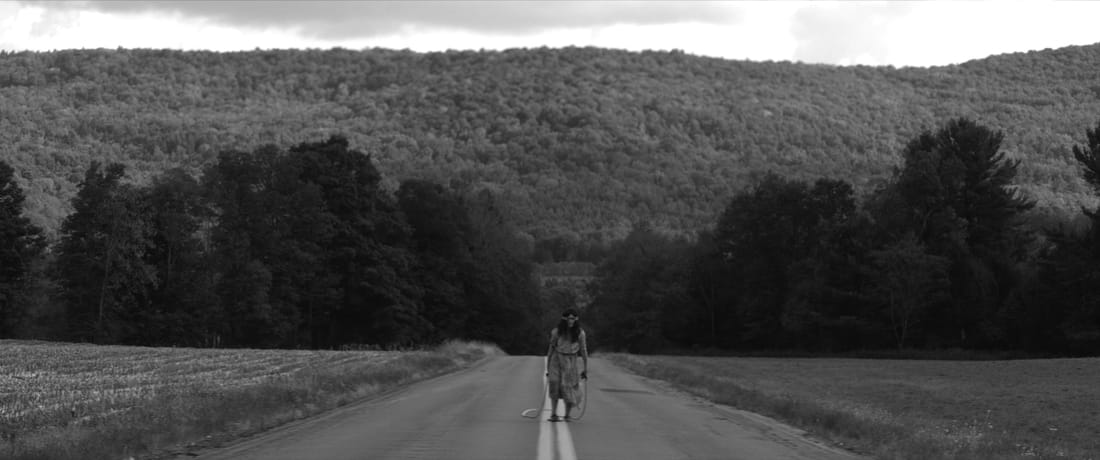
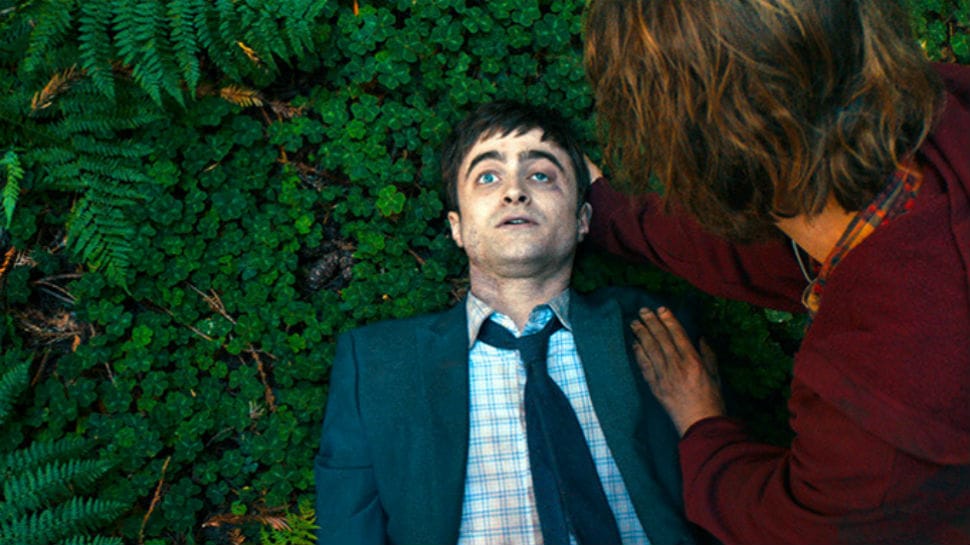
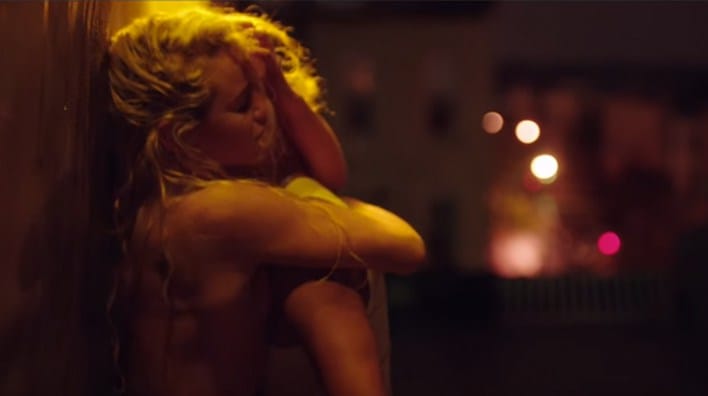
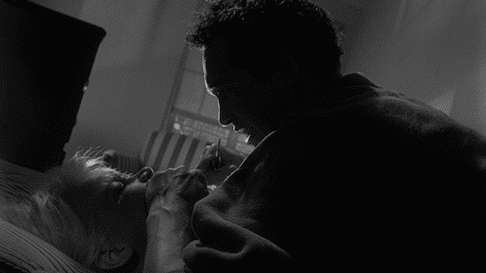
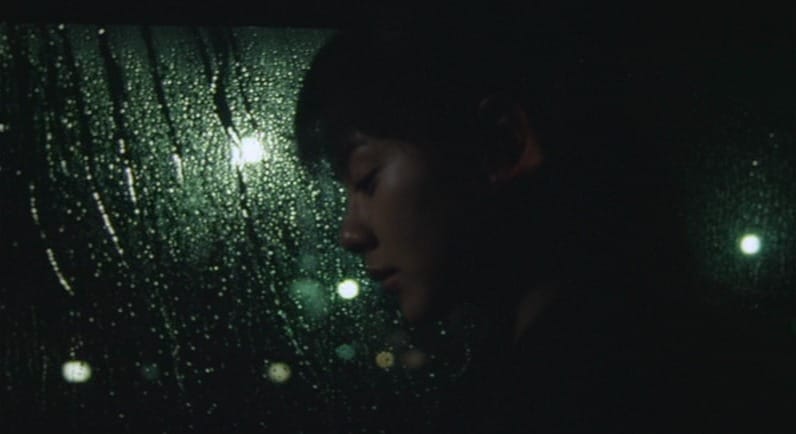
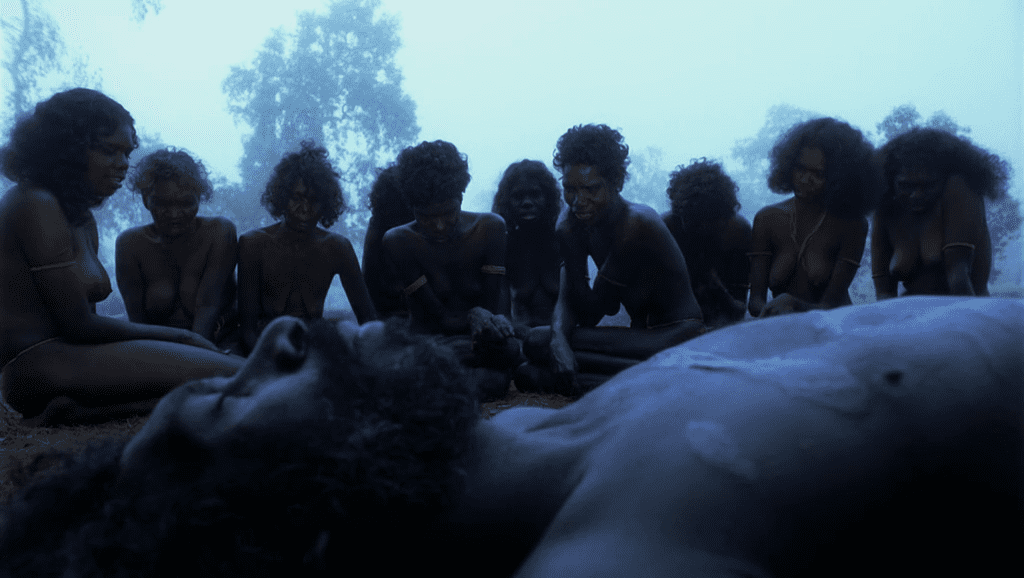

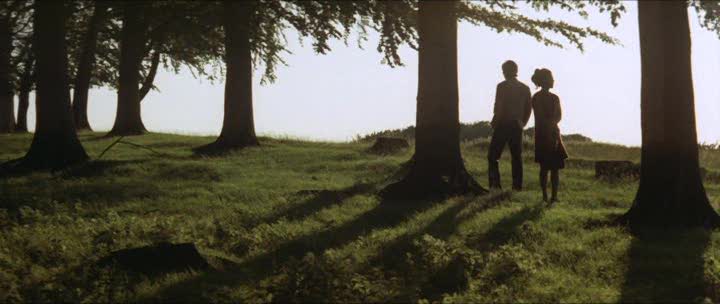

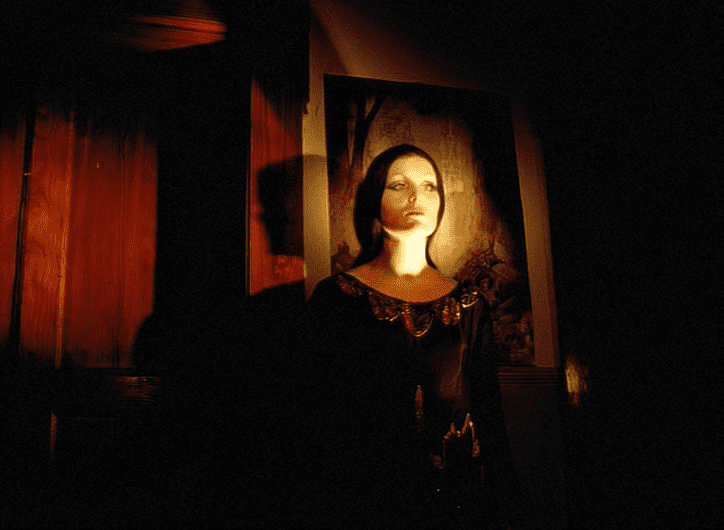
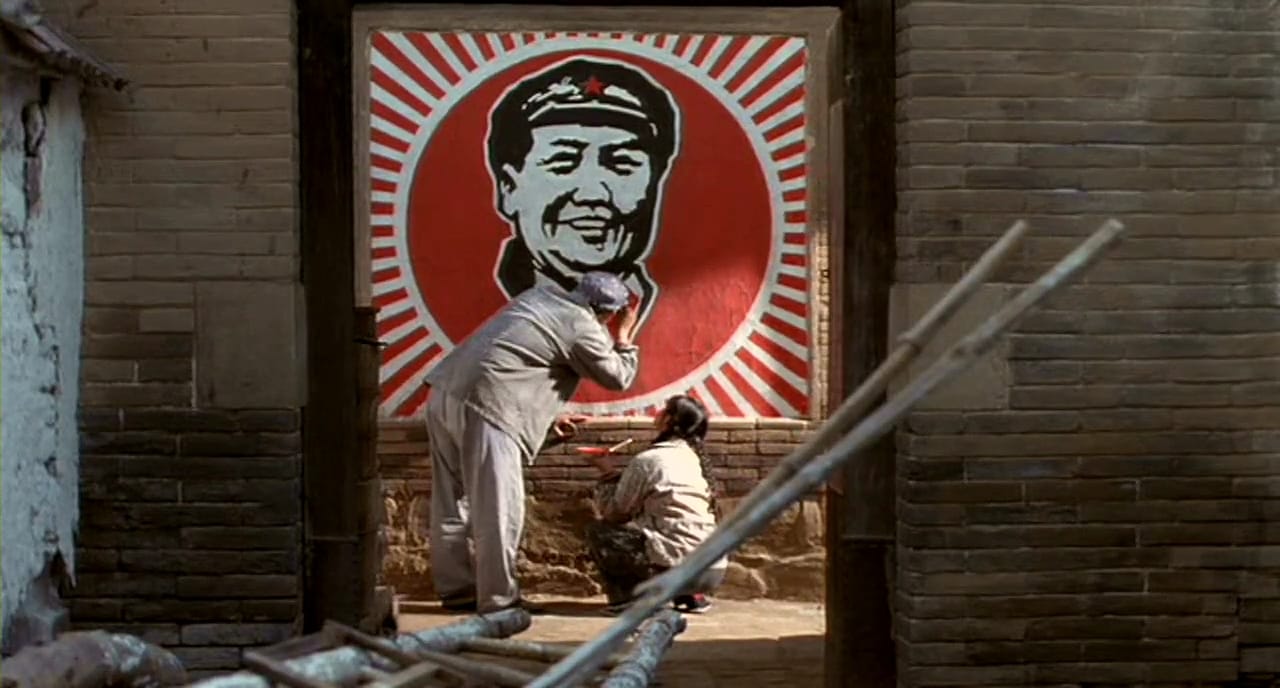
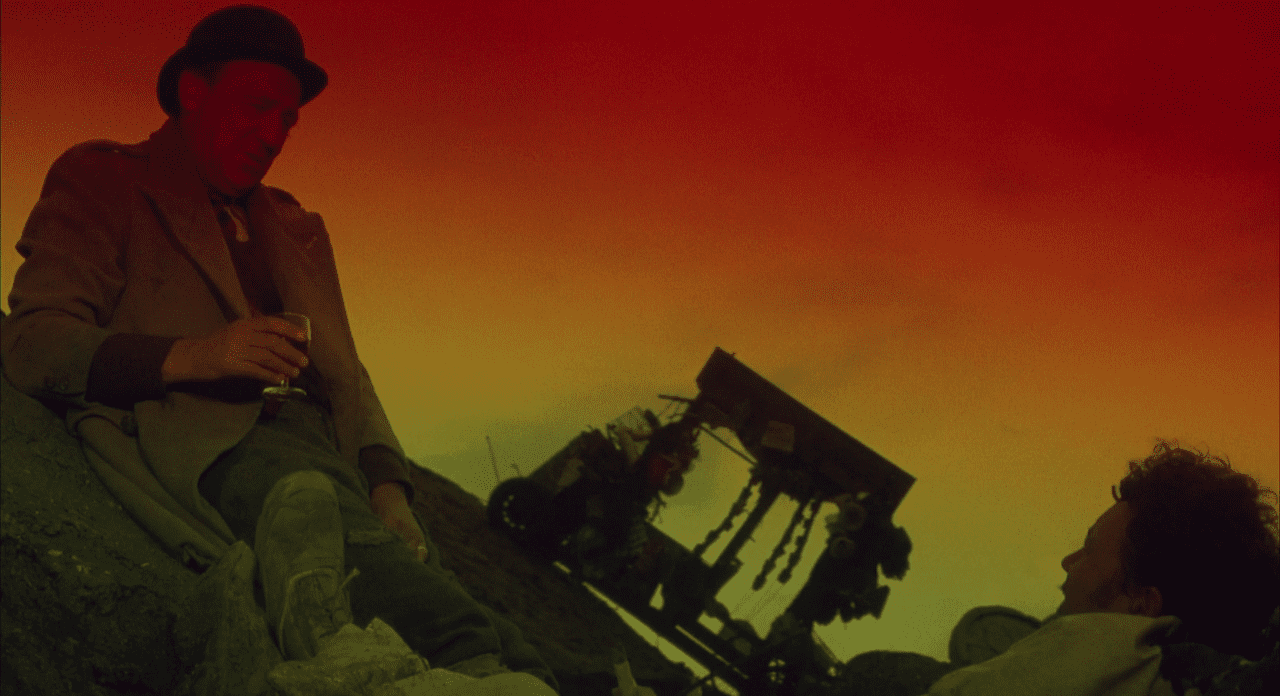
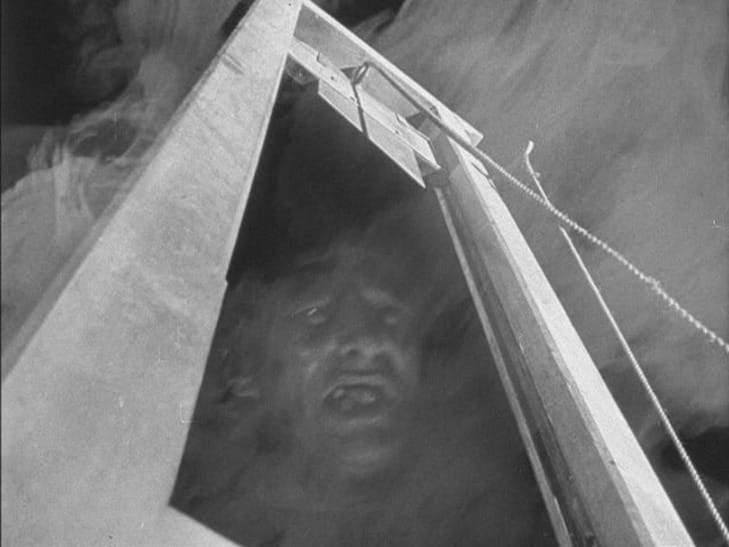

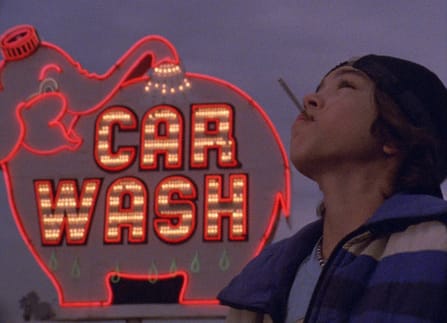
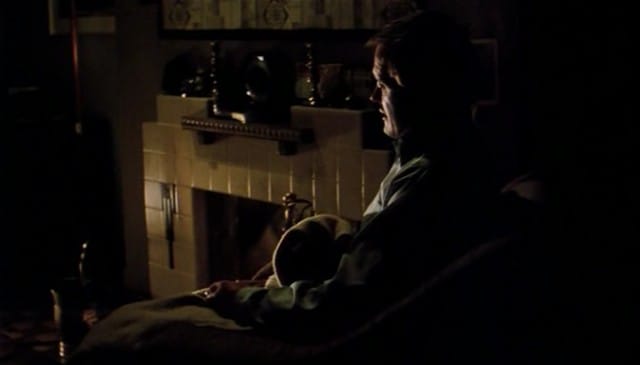
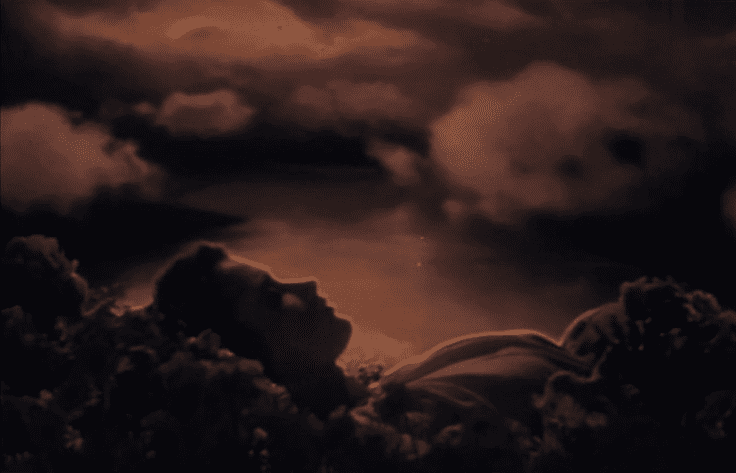
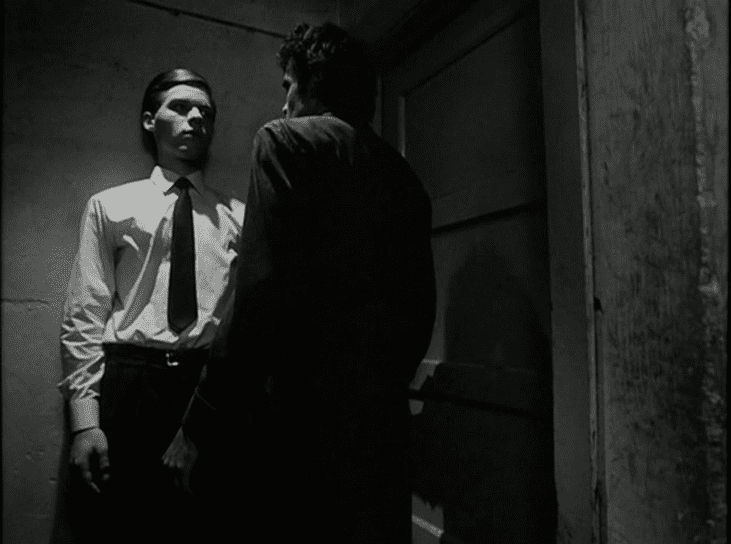
 RSS Feed
RSS Feed
